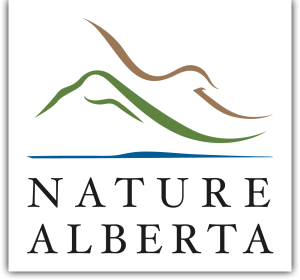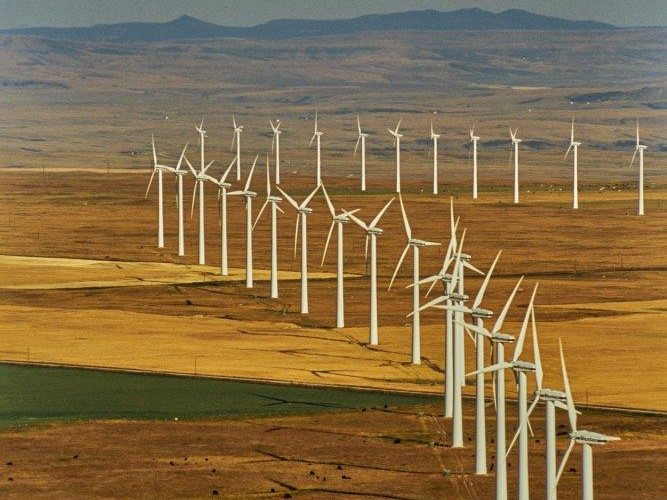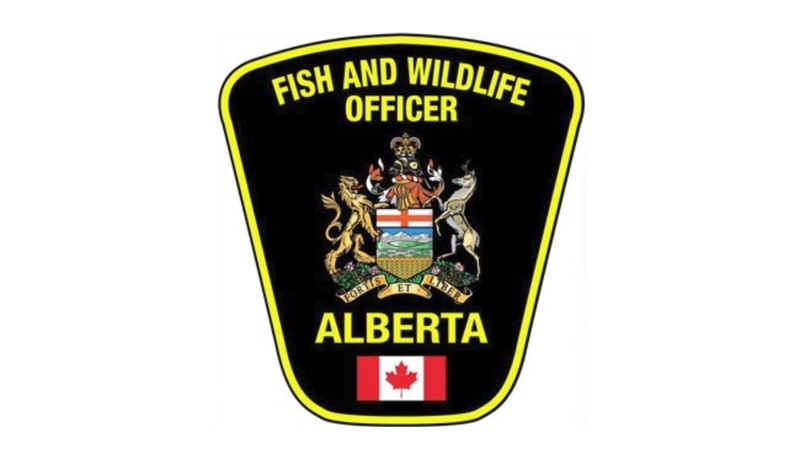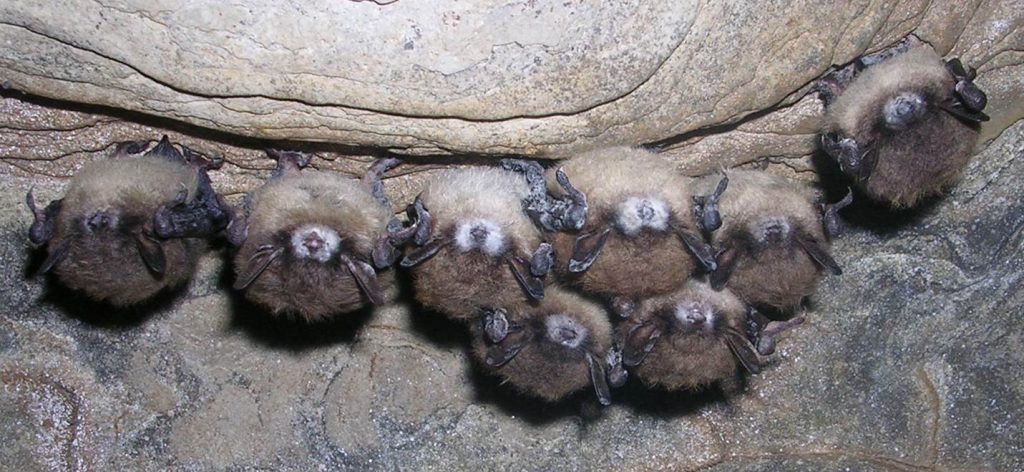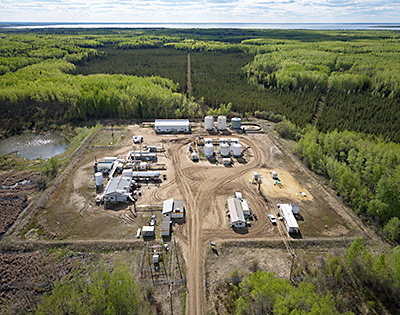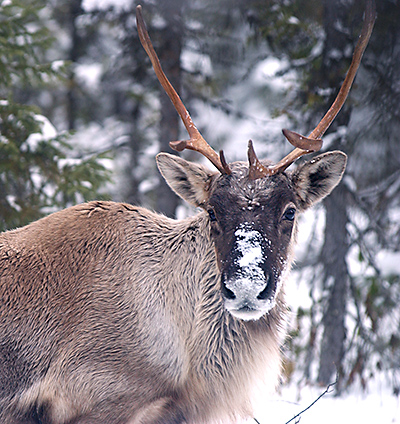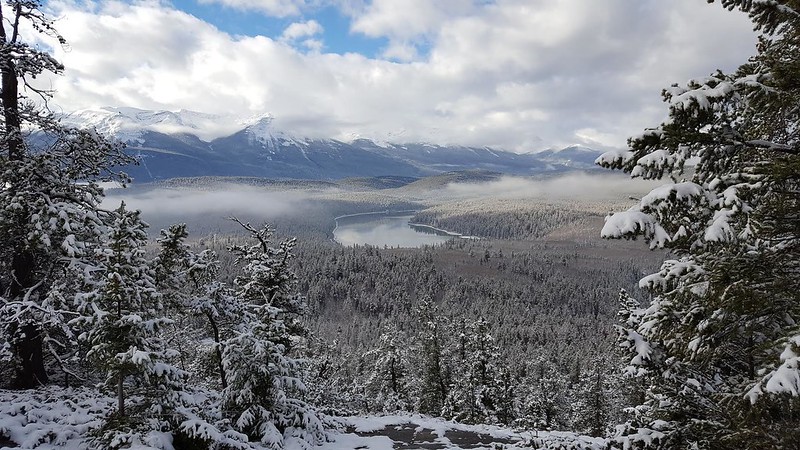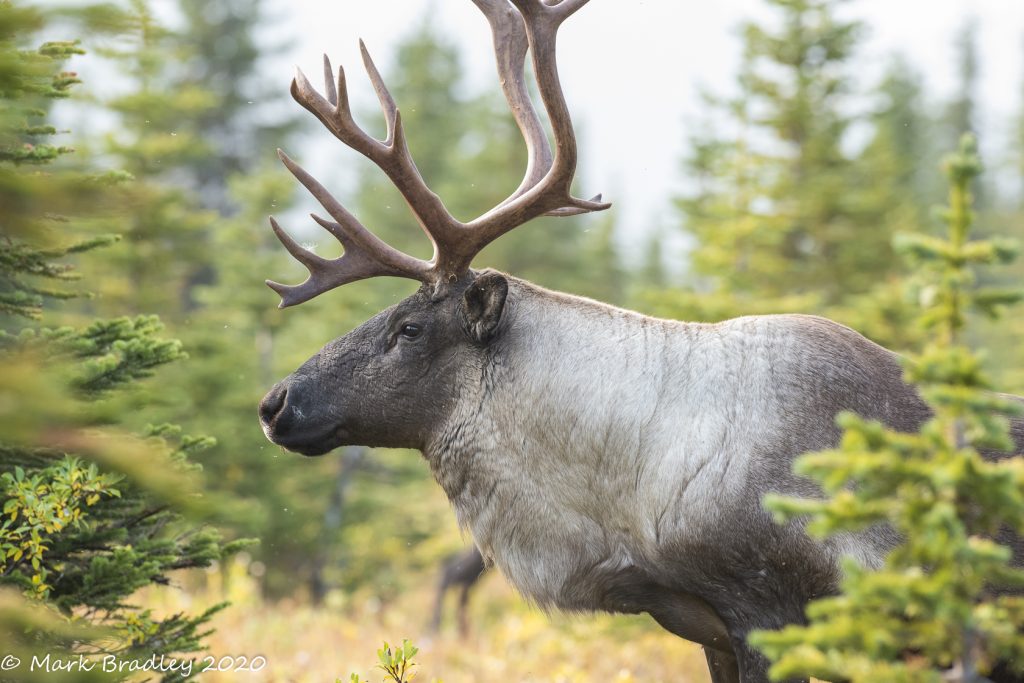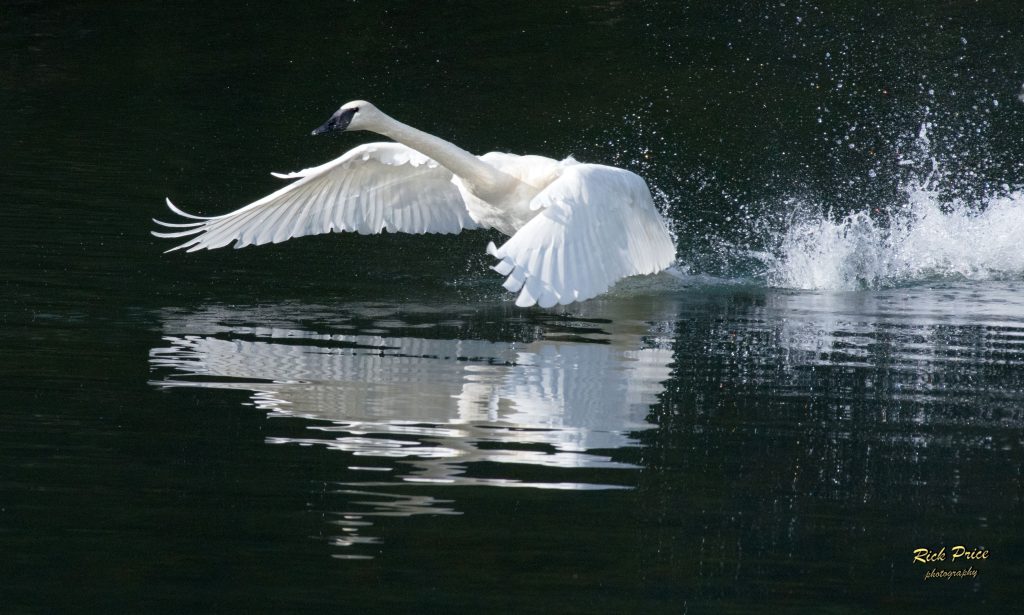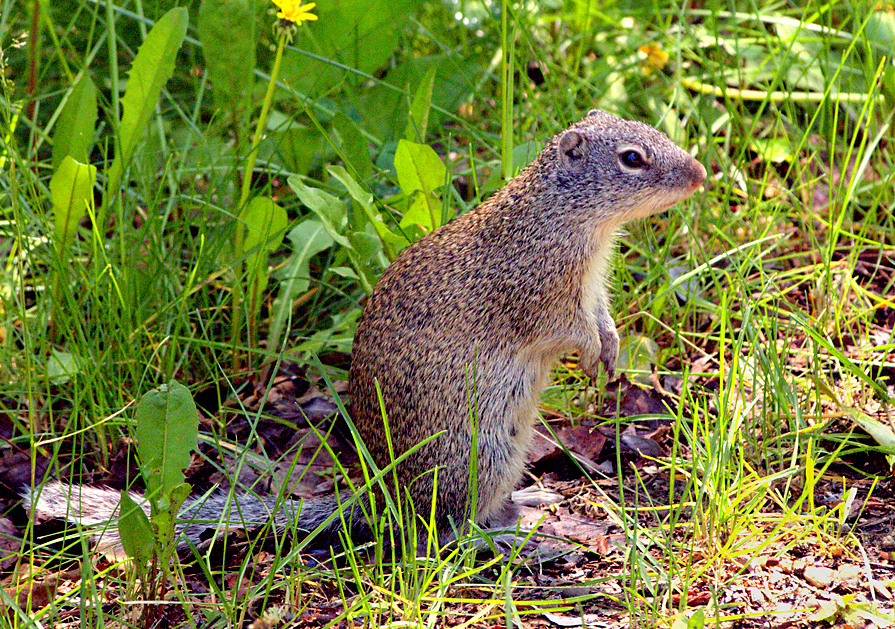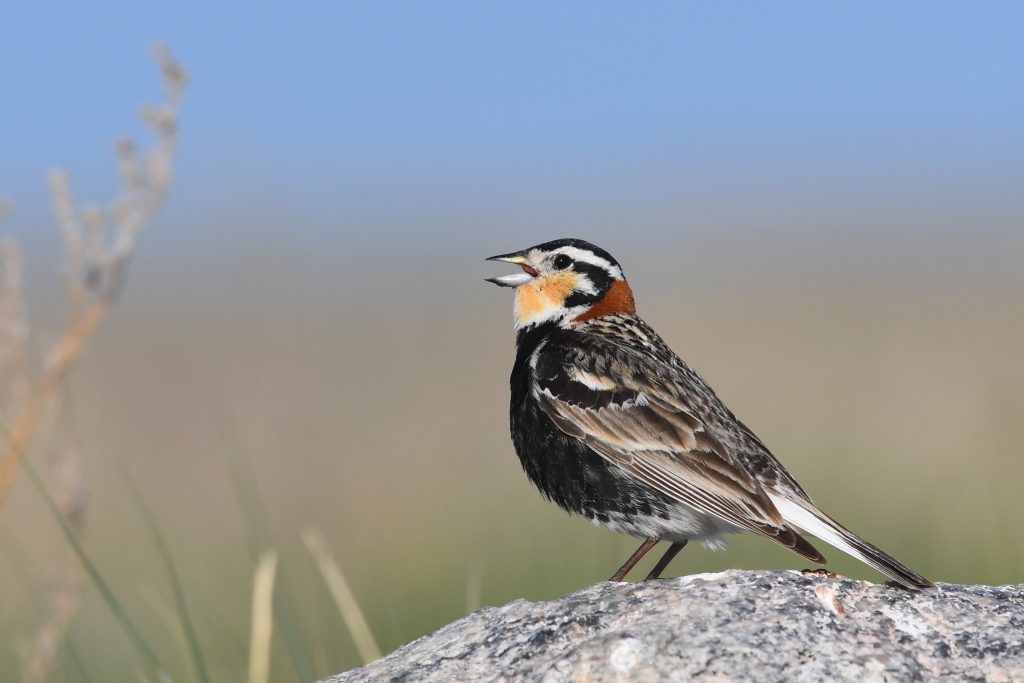Conservation
Does Going Green Put Wildlife in the Red?
BY LORNE FITCH
There is no question we need to transition from fossil fuels to alternate energy sources. It’s hard to find a species in Alberta not affected by climate change. But we shouldn’t be blind to the issues renewable energy solutions can cause to wildlife and their habitats.
Who Is Minding Alberta’s Fish and Wildlife?
BY LORNE FITCH
The task of allocating fish and wildlife has been hived off to Forestry, Parks and Tourism. The fish culture section (all the hatcheries) has been sent to Agriculture and Irrigation, leaving the species at risk function behind in Environment and Protected Areas.
Read MoreDeadly Fungus Adds to Bat Conservation Concerns
BY CORY OLSON
While bats have a remarkable ability to manage energy reserves, only a few can withstand the devastating impacts of white-nose syndrome (WNS), a disease caused by a fungus, Pseudogymnoascus destructans, that grows on bats during hibernation, which will lead to more frequent arousals during the winter, depletion of energy stores, and eventual starvation.
Read MoreHow Do UCP Environmental Policies Stack Up?
BY RICHARD SCHNEIDER
One thing almost all Albertans will agree on is that it’s important to take good care of our environment, both for our own well-being and for the generations that will follow. So how are we doing on the environmental protection front? In this article we will review how past and present governments have sought to balance resource development with environmental protection.
Read MoreThe Long and Winding Road to Caribou Recovery in Alberta
Recorded Presentation
Speaker: Dr. Richard Schneider
Host: Nature Alberta
The High Cost of Freedom
BY RICHARD SCHNEIDER
Premier Danielle Smith’s sovereignty legislation has nothing to do with establishing Alberta’s “rightful” place in Confederation. It is simply a unilateral decision to ignore federal rules the premier doesn’t like. The flaw in Premier Smith’s reasoning is that the rules she is proposing to ignore are not Ottawa’s rules. They are Canadian rules. Most of them involve environmental protection, which is something Albertans value highly.
Read MoreAction for an Icon
BY RICHARD SCHNEIDER
Why do Alberta’s Caribou Keep Declining, and What Can We Do About It?
Despite the woodland caribou’s high profile and the millions of dollars we’ve poured into research, the caribou’s story is one of progressive decline. Here, Richard explores the key challenges that make caribou conservation so difficult and provides an unvarnished perspective on what needs to change.
Read MoreThe Recovery of Trumpeter Swans in Alberta
BY NICK CARTER
Historically, trumpeter swans were found throughout Alberta. But by the early 1900s, the species was near extinction, mainly because of overhunting. Through concerted conservation efforts, the population is now well on its way to recovery – an amazing conservation success story.
Read MoreCitizen Scientists Come to the Aid of the Tenacious Franklin’s Ground Squirrel
BY GILLIAN CHOW-FRASER AND RICHARD SCHNEIDER
In Alberta, the status of Franklin’s ground squirrel has still not been determined. The provincial government maintains that there is not enough information to say whether the population is stable or imperiled. In the spring of 2022, Nature Alberta initiated a citizen science project to help fill some of the data gaps. The results are presented here.
Read MoreDiminished Chorus: The Decline of Grassland Birds
BY NANCY MAHONY
Few people are lucky enough to experience the dawn chorus on Alberta’s native grasslands — a bewildering concert of ringing trills, melodious gurgles, and jumbled songs. I’ve had the good fortune to do so on many May and June mornings, as a biologist researching grassland songbirds at one of Canada’s largest remaining native prairies, the Suffield National Wildlife Area near Medicine Hat.
Read More